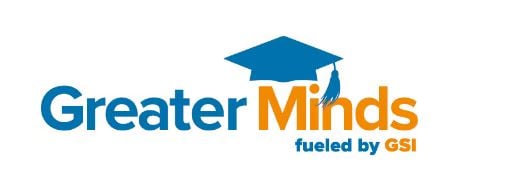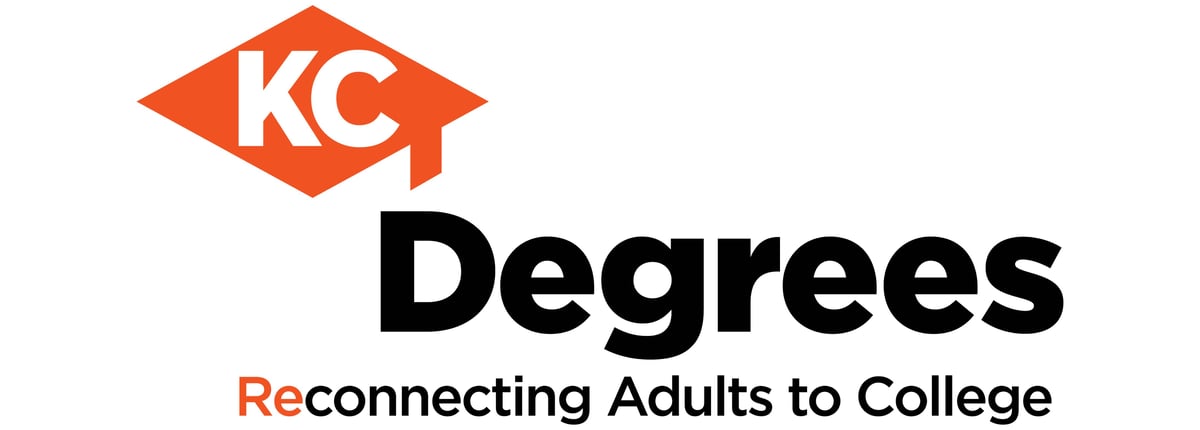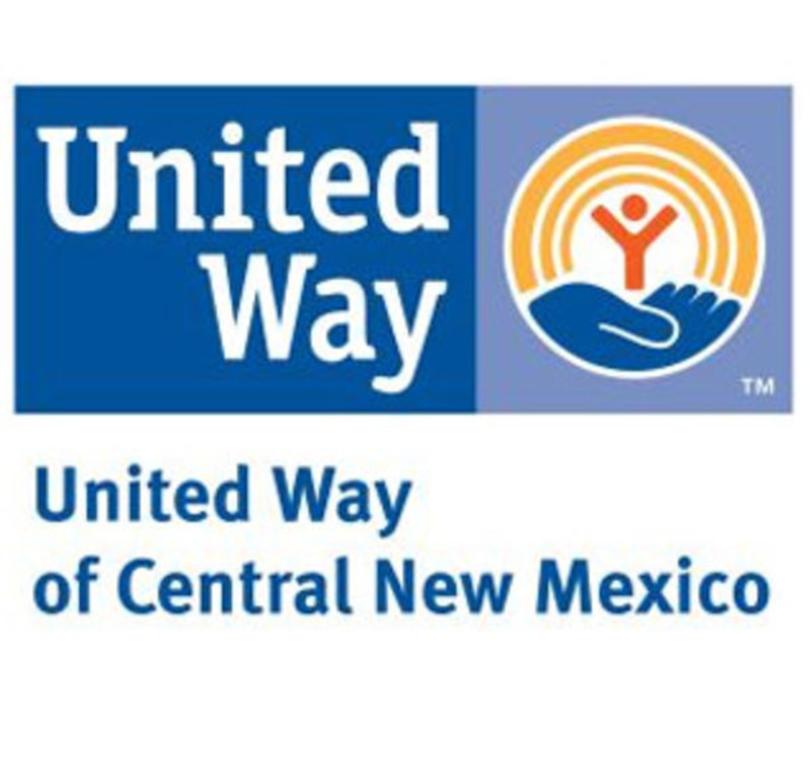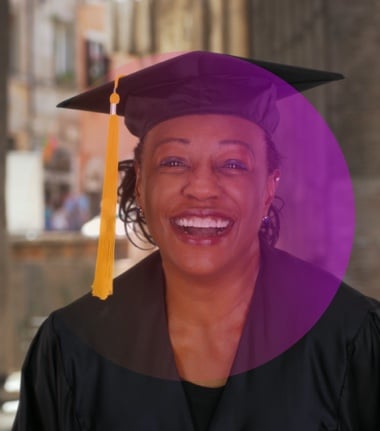Data That Move Us
31,315+
Adult Learner Participants to Date
In 2023, The Graduate Network and CAEL joined forces to support the needs of adult learners. With this new partnership, CAEL is now the home for TGN's many site-based Data That Move Us (DTMU) partners. These partners are providing critical institution-neutral navigational support to adult learner "Comebackers" -- and their data tells the story of what drives their success in postsecondary educational success.
We are grateful to our DTMU partners past and present:











Meeting adult learners where they are means meeting a moving target. After all, adult learners are also workers and caregivers. They can’t pause their lives outside of the classroom. Sometimes that means they might need to pause their learning or take an extended break: more than 40 million Americans completed some college but no credential. CAEL prioritizes upskilling and reskilling this population because postsecondary learning is key to improving equitable economic mobility, filling critical workforce needs, and diversifying college enrollment. Too often, this group is saddled with the negative labels of “dropouts” or “stopout”. Rather than defining them by the past, we prefer to focus on the promise held by their future, which is why we refer to them as Comebackers.
Data That Move Us captures the journey of these Comebackers, from pre-enrollment decisions and preparation to completion, including the paths of those who “stopped out.” It synthesizes complex quantitative and qualitative data across and within disparate institutions and regional workforce ecosystems. These findings continually inform and improve our understanding of the intricate interactions of interventions, individual experiences and behaviors, systems, and outcomes that comprise the on- and off-ramps of adult college degree completion.
If you are a workforce system, community based organization or other organization serving individuals who are potential Comebackers, you may be interested in participating in Data That Move Us. To find out if you qualify for participation and to learn more, please contact cael@cael.org.
Who are Comebackers?
Comebackers are members of our communities who – as adults – aspire for a different future for themselves. At some point in their past, they enrolled in college and earned credit; often they were the first in their families to attend college.
Because of numerous factors unique to their individual circumstances, they did not have the opportunity to complete. The majority of Comebackers who have benefited from institution-neutral navigation services to return to college are people of color, a community of students for whom systems have not traditionally supported post-secondary success. Yet they chose to return to become teachers or nurses or scientists or the thousands of other professions that require a bachelor’s degree or more; to be role models for the young people in their lives; to fulfill a dream; to finish what they started; or for all these reasons and more.
They are courageous, embarking on and persevering with a journey that is rife with challenges and obstacles. To celebrate these extraordinary individuals – individuals whose grit and resilience should inspire us all to do better – we call them Comebackers.
Who Are Comebackers?
The % of Comebackers who re-enroll and identify as BIPOC, compared with 36% of the overall NSC-defined SCND population who re-enroll and identify as such
The peak age at graduation for Comebackers
Our Discoveries

Policy Matters
There are important practices and policy issues that can be addressed by many stakeholder groups – such as learning providers, higher education systems, state and federal agencies, and employers – to relieve debt, make college more affordable, and reduce barriers to completion. You can learn more about CAEL’s public policy efforts here.

Neutral Navigation Matters
A TGN@CAEL membership assists practitioners to implement an evolved practice model that helps Comebackers make the best choice for themselves and take action toward a degree. A core tenant of this practice model is that every Comebacker has access to an institution-neutral education navigator to help them complete their degree. A recent analysis found increased enrollment and graduation rates to be positively correlated with the number of high-quality interactions a Comebacker had with their navigator.

Employers Matter
CAEL’s survey-to-action model, Bridging the Talent Gap, activates employers to identify and optimally support Comebacker employees. Our research, and the research of many others, has repeatedly found that employers value an educated workforce, and that employers who invest in front-line, hourly and entry-level workers have increased productivity, greater retention, and lower replacement costs.
